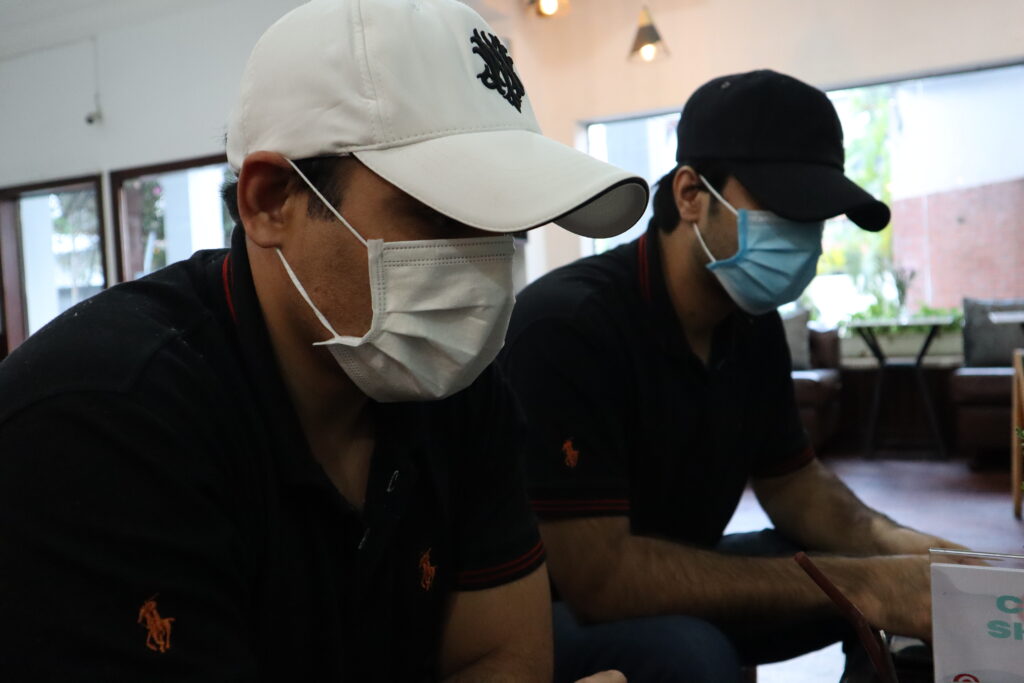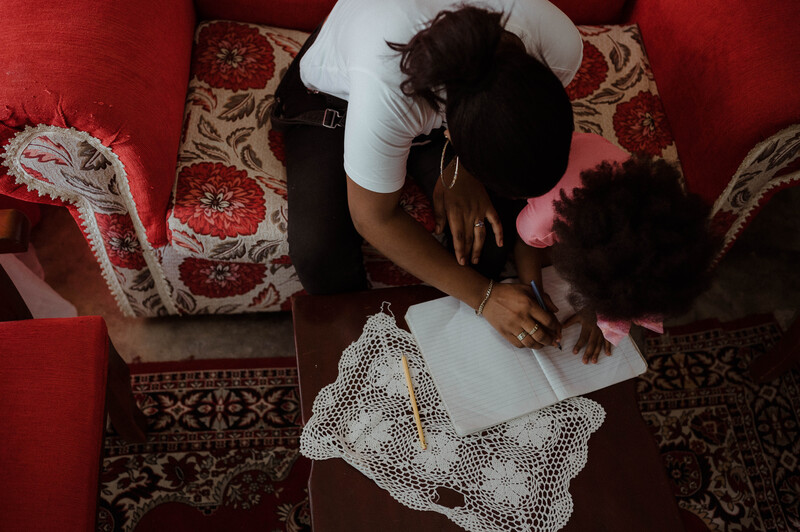Asia-Pacific
Scam Centres Run By Human Trafficking

If you’ve noticed a recent rise in online and phone scams, you’re not alone.
What might surprise you is that the scammer on the other end of the line might be a victim of a scam themselves.
High-profile cyberattacks on Optus and Westpac have spotlighted how elaborate international scams can fuel security threats for thousands of everyday Australians.
The Australian Federal Police have stated cyberattacks are growing rapidly. The Australian Cyber Security Centre reports a 13% increase over the last 12 months.
Where are these attacks coming from? How is this unseen industry spreading so fast?
A multi-billion-dollar industry, run by human trafficking, targeting Australians
Cambodia has emerged as a major hotspot for cybercrime syndicates. IJM estimates up to $AU18 billion a year is generated from slavery-fuelled scamming operations in Cambodia alone. These operations are starting to be replicated and spread across Southeast Asia.
“The operations are quite sophisticated” Jacob Sims, IJM Senior Technical Advisor for Forced Criminality said. “We have heard from witness testimonies that Australians are being targeted with these scams.”
Trapped and forced to work in scam centres
Workers travel – often from Myanmar, Thailand, Indonesia, but also from as far away as Africa – to Cambodia in response to job ads. They arrive only to find themselves caught in a trap.
The vulnerable inbound workers have their passport taken from them, and forced into scam operations. These are scam centres run by human trafficking. This is a new form of forced labour slavery called forced scamming.
Steve Baird, CEO of IJM Australia, recently visited Cambodia, where he met survivors of these malicious operations.
“It was horrifying,” Steve said. “Workers are prohibited from leaving the buildings. They are secured with razor wires, barred windows, controlled lifts and armed security guards. The men I spoke to were referencing 30 security guards out the front.
“They were working 12–20 hours a day, six days a week, with an average of four hours a night of sleep.”
Workers are given no medical attention and little food.
Ali*, a 33 year old survivor of these scam centres shares, “It was terrifying. We tried to survive the harsh physical torture for us to get out of the compound. I was forced to scam five people daily and entice them to join cryptocurrency investment schemes or deposit money into gaming accounts.”
I felt helpless taking away money from other people. There were many nights I couldn’t sleep well because of guilt, but I had no other choice”
– Ali*, survivor

IJM’s response
Because of your partnership, IJM has been able to be at the forefront of this new prolific crime. We’ve been able to rescue more than 200 human trafficking victims from scamming compounds. IJM has partnered with embassies and the Cambodian national police to combat the rising cases.
“We’ve had more referrals and calls in the last 12 months than in any other 12-month period over the past 20 years of working in Cambodia,” Steve says. “We commend the Cambodian government for recent raids which removed at least 2,000 individuals from compounds.”
The UN estimates there are over 220,000 victims of forced scamming in Cambodia and Myanmar.
IJM will continue to rescue victims and strengthen local justice systems to fight this rapidly growing crime.




